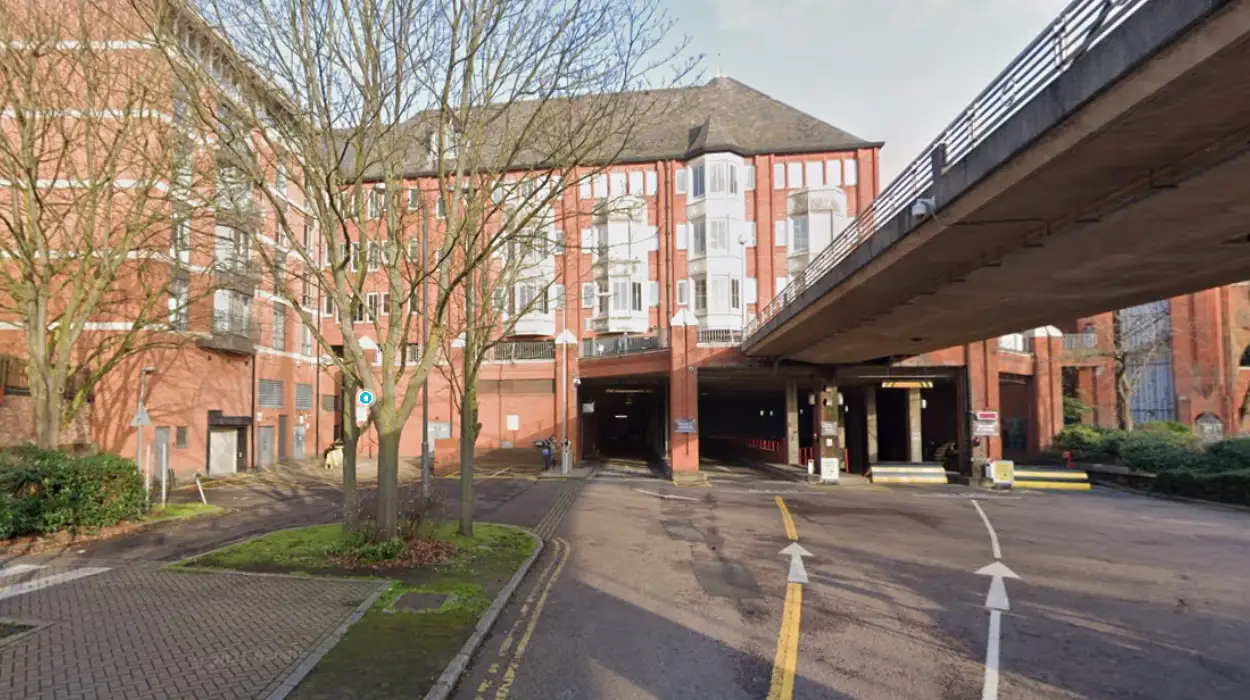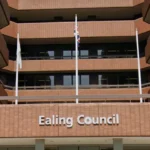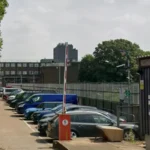If you’re a resident living in the Borough of Ealing, securing a parking permit is essential to ensure you have legal parking in your area. With recent changes to how permits are priced and managed, understanding the process is more important than ever.
How Can Residents Pay for a New Parking Resident Permit in Ealing?
Paying for a resident parking permit in Ealing has been made straightforward, primarily through an online system. The council has shifted to a digital, cashless process to improve convenience and reduce administrative costs.
Here’s a step-by-step overview:
Check Your Vehicle’s CO2 Emissions
Before applying, you need to determine your vehicle’s emissions. You can find this information on your vehicle’s log book or V5C document. The emissions level directly affects your permit cost, as Ealing Council now uses a carbon emission-based pricing system.
Apply Online via PayByPhone
The main method to apply and pay for your permit is through the PayByPhone platform, accessible via their app or website. Residents first create an account on PayByPhone, registering their vehicle details and payment information.
This registration allows you to manage your permits and make payments conveniently online.
Submit Your Application
After registering, you submit your permit application online. You’ll need to provide vehicle details, including registration number and emission band. The council usually approves the permit immediately once the application is processed through PayByPhone.
Pay Your Permit Fee
Based on your vehicle’s emission category and household vehicle count, you pay the permit fee via PayByPhone. Payment can be made using credit or debit cards linked to your account. Once paid, your permit is active and linked to your vehicle electronically.
Manage and Renew Permits Online
You can manage your permits, renew when needed, or add visitor parking through the PayByPhone system. This makes it easy to keep your parking arrangements up to date without visiting a council office.
For technical support, Ealing Council provides a helpline at 0330 400 7275 or email support at uksupport@paybyphone.com.
What Are the Current Fees, Charges, and Payment Methods for Ealing Parking Permits?
In 2025, Ealing has overhauled its parking permit pricing system to align with environmental goals. The fees now depend heavily on your vehicle’s CO2 emissions, fuel type, and how many vehicles you have registered in your household.
Basic Permit Costs: The yearly permit prices range approximately from £55 to £340. Vehicles with lower emissions, such as electric or hybrid cars, benefit from discounts, sometimes paying significantly less than high-emission vehicles.
Emission-Based Pricing Tiers: From April 7, 2025, Ealing moved from a 4-tier system to a 13-tier structure. Higher emitting vehicles now face much steeper charges, with some permits costing up to £340 annually.
Payment Methods: Payments are exclusively made online through PayByPhone, using credit or debit cards. This system simplifies the process and ensures quick activation of permits.
Additional Charges and Surcharges include:
Older diesel vehicles incur a £55 surcharge due to their higher emissions.
Multiple vehicles in a household attract a £60 surcharge for each additional vehicle.
How Has Ealing’s Permit Revenue Changed Over Recent Years?
Ealing’s parking permit revenue has experienced fluctuations over recent years, mainly driven by policy changes and environmental initiatives.
The shift to a carbon emission-based pricing system aimed to incentivize cleaner vehicles, which has influenced revenue streams.
Pre-2025 Revenue Trends
Before the 2025 reforms, permit prices were less differentiated, and revenues were relatively stable. The council collected a steady income mainly from traditional fuel vehicles.
Post-2025 Impact
Since the implementation of the 13-tier emission bands, permit revenue has seen a notable shift. Higher charges for high-emission vehicles have increased revenue from permits issued to owners of older, polluting cars.
Conversely, discounts for electric and low-emission vehicles have slightly reduced the council’s income from these categories, aligning with environmental goals.
Recent Statistics
Although exact figures fluctuate, reports indicate a rise in permit revenue from high-emission vehicles, supporting the council’s climate objectives.
For example, high-emission permits now can cost up to £340 per year, a significant increase from previous charges.
The overall trend reflects a strategic move to generate revenue while promoting cleaner transportation options, aligning with broader municipal sustainability goals.
What Are the New Price Tiers and Surcharges Introduced for Permits in Ealing?
The most notable change in 2025 is the expansion from a 4-band to a 13-band emission pricing structure. This detailed tiering allows for more precise charging based on vehicle pollution levels.
13-Band Structure: Vehicles are now categorized into 13 emission bands, with costs rising as emissions increase.
Low-emission vehicles (e.g., electric, hybrids): Permits can cost as low as £55 per year.
High-emission vehicles (e.g., older petrol/diesel): Permits can reach £340 per year.
How Do Permit Fees Relate to Vehicle Emission Types and Household Vehicle Count?
The permit fees are directly tied to a vehicle’s CO2 emissions. The council’s goal is to incentivize cleaner transportation by offering lower costs for environmentally friendly vehicles.
Emission Categories
Electric and low-emission vehicles benefit from significant discounts, sometimes paying less than half the standard rate.
High-emission vehicles are charged more to reflect their environmental impact.
Count Impact
Households with multiple vehicles face additional charges.
Each extra vehicle adds a £60 surcharge, incentivizing residents to consider the environmental impact of their entire household fleet.
Environmental Incentives
The tiered pricing encourages residents to switch to electric or hybrid cars to save money on parking permits.
These policies are part of Ealing’s broader effort to reduce urban pollution and meet climate goals.
Final Thoughts
To obtain your permit, first verify your vehicle’s CO2 emissions, then register on PayByPhone, provide your vehicle details, and pay the relevant fee. Remember, the fees vary from £55 for low-emission vehicles to £340 for high-emission cars, with surcharges for older diesel vehicles and multiple cars.
The system is designed to promote cleaner vehicles, reduce pollution, and generate revenue to fund local services. If you need assistance, the PayByPhone helpline at 0330 400 7275 is available to help.
Frequently Asked Questions
How do I apply and pay for a new resident parking permit in Ealing?
You can apply and pay for your Ealing resident parking permit online through the PayByPhone platform. First, register your vehicle and payment details on the PayByPhone app or website. Once your application is approved, you can pay the permit fee electronically, and manage or renew your permit easily online.
What are the current fees for resident parking permits in Ealing in 2025?
In 2025, permit costs in Ealing range from approximately £55 for low-emission vehicles to up to £340 for high-emission vehicles. Additional charges include a £55 surcharge for older diesel vehicles and a £60 surcharge for each extra household vehicle.
How has Ealing’s permit pricing changed recently?
Ealing shifted from a 4-tier to a 13-tier emission-based pricing system in April 2025, significantly increasing charges for high-emission vehicles. This change aims to promote cleaner cars and generate revenue aligned with environmental goals.
How do vehicle emissions affect parking permit costs in Ealing?
Permit fees are directly linked to your vehicle’s CO2 emissions. Low-emission vehicles like electric or hybrid cars benefit from lower prices, while older petrol or diesel cars with higher emissions face steeper charges, up to £340 annually.
Can I manage or renew my Ealing resident parking permit online?
Yes. Using the PayByPhone system, you can easily manage, renew, or add visitor permits online. This digital approach simplifies permit management without the need to visit a council office.












